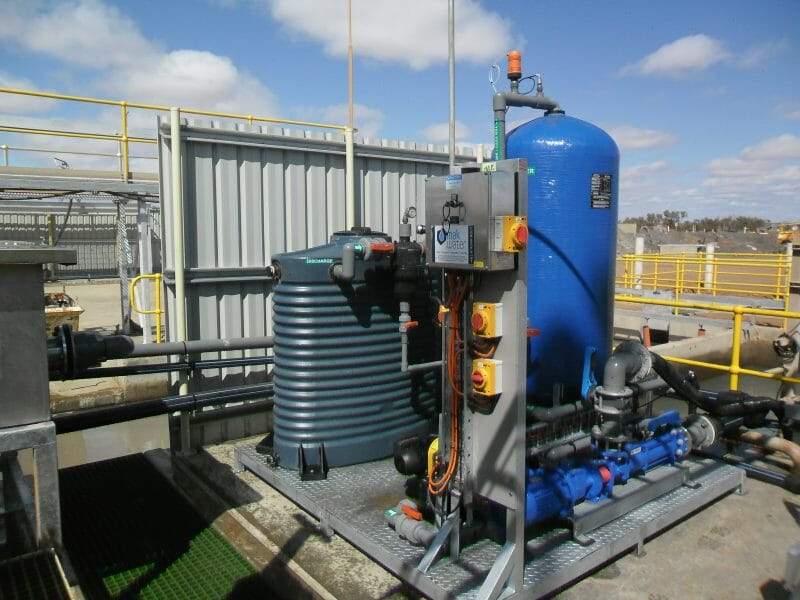Water and oil separators play a crucial role in achieving environmental sustainability goals by addressing one of the most pressing challenges of our time – the effective management of water and the mitigation of oil pollution. These devices are instrumental in safeguarding the environment, protecting aquatic ecosystems, and ensuring that industries adhere to stringent environmental regulations.
Preventing Water Pollution – Water pollution is a significant threat to environmental sustainability. Industries, particularly those involved in manufacturing, automotive, and mining, often discharge wastewater contaminated with oil and hydrocarbons. This contaminated water, if released into natural water bodies without treatment, can have devastating effects on aquatic life and the overall health of ecosystems. Water and oil separators are designed to intercept and remove these pollutants from wastewater, preventing their entry into rivers, lakes, and oceans.

Preserving Aquatic Ecosystems – Aquatic ecosystems are highly sensitive to oil pollution. Even small amounts of oil can disrupt the delicate balance of aquatic life, leading to the death of fish, plants, and other organisms. Water and oil separators act as a critical barrier, ensuring that harmful substances are removed before wastewater is discharged. By preserving the health of aquatic ecosystems, these separators contribute to the long-term sustainability of aquatic biodiversity.
Compliance with Regulations – Environmental sustainability goals are often supported by strict regulations that limit the amount of pollutants industries can release into the environment. Water and oil separators are essential tools for industries to comply with these regulations. Failure to meet these standards can result in fines, legal action, and reputational damage. Thus, these separators encourage industries to adopt responsible practices that align with environmental sustainability objectives.
Resource Conservation – Water scarcity is a growing global concern. Water and oil separators help in the efficient use and conservation of water resources by allowing for the reuse and recycling of treated wastewater. This not only reduces the strain on freshwater sources but also minimizes the energy required for water treatment. It is a sustainable practice that aligns with the principles of responsible resource management.
Mitigating Climate Change – Oil pollution is not only harmful to aquatic life but can also contribute to climate change. When oil is released into water bodies, it can evaporate and release volatile organic compounds VOCs into the atmosphere. VOCs are known greenhouse gases that trap heat in the Earth’s atmosphere, contributing to global warming. By preventing oil pollution through effective separators, we can help mitigate the adverse effects of climate change.
Enhancing Corporate Social Responsibility CSR – Companies that prioritize environmental sustainability through the use of water and oil separators demonstrate their commitment to CSR. Such practices can boost a company’s reputation, attract environmentally conscious consumers, and even improve relationships with regulatory bodies. Ultimately, these separators help businesses align with broader societal expectations regarding environmental responsibility.
The separador de agua e oleo are indispensable tools in the pursuit of environmental sustainability goals. As we face increasing environmental challenges, the role of these separators in safeguarding our planet and its precious resources cannot be overstated. Their continued development and widespread adoption are vital steps towards a more sustainable and resilient future.